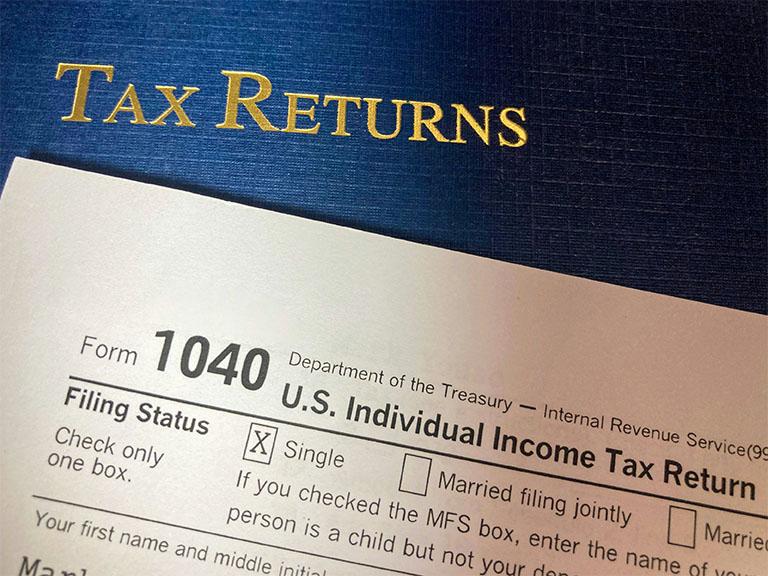YOU’VE heard about scammers who pose as government workers, calling to demand your money or information. But imposters are running scams by mail too. They’re sending fake forms and letters from made-up agencies to small business owners and demanding payment ASAP. Here’s what to know and do if you get a letter like this.
The fake government letters have agency names that include words like “United States,” “business regulation,” and “trademark” to make them seem legitimate. The letters lie to you, saying it’s time to register or renew a business license or trademark, sending you to a website that asks for your license, Social Security, EIN, and credit card numbers. Usually, the letters warn about fines if you don’t respond fast.
If you get a letter that looks like it’s from the government and demands money or information, stop. It could be a scam. Before you do anything:
- Find out if the agency is real before you respond. Go to USA.gov to verify the names and contact information of federal, state, and local, government agencies. Don’t use any websites or phone numbers listed in the letter.
- Know that the government will never ask you to wire money with services like Western Union or MoneyGram, or pay with gift cards, cryptocurrency, or a payment app. Only scammers will, because it’s hard to track that money, and hard to get it back.
- Check out the advice at Scams and Your Small Business in English, Spanish, and other languages.
If you spot a scam like this, tell the Federal Trade Commission (FTC) at ReportFraud.ftc.gov. Find out what to do if you paid someone you think is a scammer, or if you gave a scammer your personal information by visiting https://consumer.ftc.gov/articles/what-do-if-you-were-scammed. (Bridget Small/Consumer Education Specialist, FTC)



